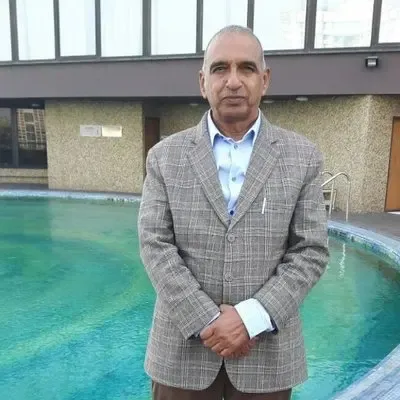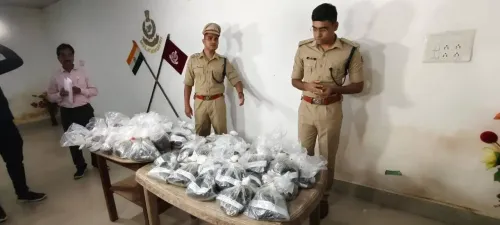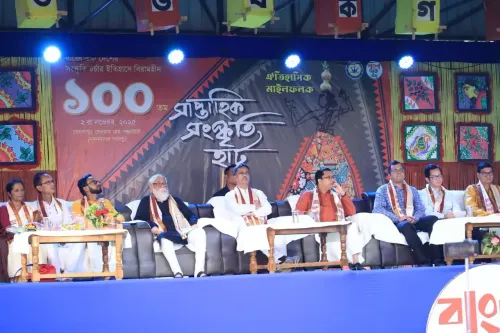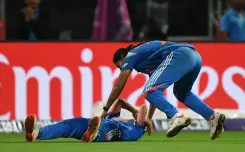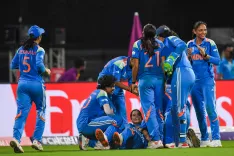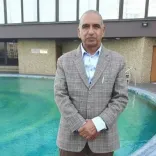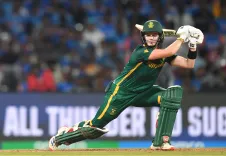Did the Centre Approve the Elevation of 7 Judicial Officers as Judges of the Gujarat HC?
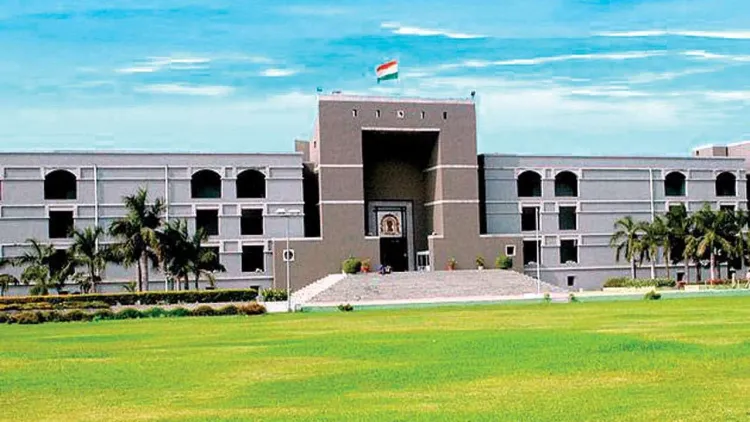
Synopsis
Key Takeaways
- The Centre has elevated seven judicial officers to judges of the Gujarat High Court.
- Union Law Minister Arjun Ram Meghwal confirmed the appointments.
- The Supreme Court Collegium recommended these appointments.
- The process follows a structured memorandum of procedure.
- The appointments will be effective from the date they assume charge.
New Delhi, May 1 (NationPress) The Centre has officially approved the elevation of seven judicial officers to the esteemed position of judges at the Gujarat High Court. In a recent announcement on X, Union Law Minister Arjun Ram Meghwal confirmed that the President has appointed the following judicial officers: Liyakathussain Shamsuddin Pirzada, Ramchandra Thakurdas Vachhani, Jayesh Lakhanshibhai Odedra, Pranav Maheshbhai Raval, Mool Chand Tyagi, Dipak Mansukhlal Vyas, and Utkarsh Thakorbhai Desai. This appointment will take effect from the date they assume their respective roles.
According to a notification from the Union Ministry of Law and Justice, the President has exercised the power granted by clause (1) of Article 217 of the Constitution of India. The notification detailed the seniority order of the new judges, stating, "... to be Judges of the Gujarat High Court, in that order of seniority, with effect from the date they assume charge of their respective offices."
Prior to this, the Supreme Court Collegium, led by Chief Justice of India Sanjiv Khanna, had advocated for the elevation of eight judicial officers, including the aforementioned seven and Rohenkumar Kundanlal Chudawala. However, the Centre has yet to act on the recommendation regarding Chudawala.
The protocol for appointing High Court judges is outlined in a memorandum of procedure (MoP). It stipulates that the Chief Justice initiates the proposal, and if the Chief Minister wishes to recommend a name, it must be sent to the Chief Justice for consideration. The Governor is then expected to forward their recommendations to the Union Minister of Law & Justice as promptly as possible, ideally within six weeks.
If there are no comments from the Governor within this period, it is assumed that there is no additional input, allowing the Union Minister to proceed. The Minister then reviews the recommendations alongside available reports before forwarding the material to the Chief Justice of India for further advice. Following consultations with senior judges, the Chief Justice sends his recommendations to the Union Minister within four weeks.
Once the appointment warrant is signed by the President, the Secretary of the Department of Justice will inform the Chief Justice, who will then announce the appointment in the Gazette of India.

